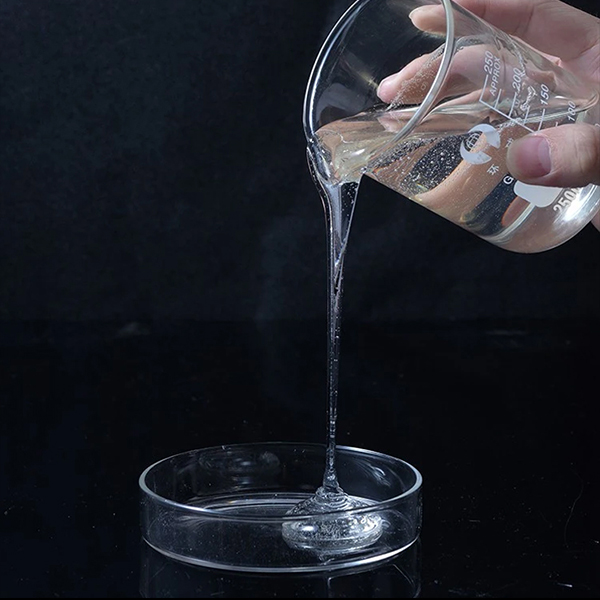Understanding Hydroxypropyl Methyl Cellulose (HPMC) and Its Applications
Hydroxypropyl Methyl Cellulose (HPMC) is a semi-synthetic polymer derived from cellulose, a natural polymer found in plant cell walls. HPMC is a white, odorless powder and is soluble in water, forming a clear to slightly opalescent gel. This versatile compound is widely used across various industries due to its unique properties, including film-forming abilities, thickening capacity, and good adhesive characteristics.
Chemical Structure and Properties
HPMC is obtained by chemically modifying cellulose through the substitution of hydroxypropyl and methoxy groups, which increases its solubility in water and enhances its functional properties. The ratio of these groups determines the viscosity and solubility profile of the HPMC, making it customizable for specific applications. Generally, HPMC is classified based on the degree of substitution and the viscosity of its aqueous solutions. The most common grades include low, medium, and high viscosity types, which are selected according to the desired application.
One of the primary properties of HPMC is its ability to retain water, which makes it an excellent thickening agent. The gel-like consistency it provides is valuable in various formulations, ensuring stability and enhancing the texture of products. Additionally, HPMC is non-toxic and biodegradable, rendering it an attractive option for environmentally conscious applications.
Applications in Various Industries
1. Pharmaceuticals HPMC is prominently used in the pharmaceutical industry as a binder and coating agent in tablet formulations. It helps to control the release of drugs, thus enhancing bioavailability. Furthermore, its film-forming property allows for the production of controlled-release formulations, providing a steady release of medication over time.
2. Food Industry In food applications, HPMC serves as a thickening agent, emulsifier, and stabilizer. It is often found in sauces, dressings, and baked products, where it helps to improve texture and consistency. HPMC is also utilized in gluten-free formulations to provide the desired texture and moisture retention, which can be challenging to achieve in gluten-free products.
chemical hpmc hydroxypropyl methyl cellulose

3. Cosmetics and Personal Care The cosmetic industry employs HPMC for its thickening and emulsifying properties. It is commonly used in lotions, creams, and gels, providing a smooth, silky feel. Additionally, HPMC acts as a film-former in cosmetic formulations, contributing to the long-lasting effects of products.
4. Construction In construction, HPMC is used as an additive in mortars, cement, and tile adhesives. It improves workability, water retention, and overall stability, allowing for enhanced bonding and adhesion. The presence of HPMC in construction materials also contributes to their longevity and durability.
5. Textile Industry HPMC finds application in textile processing, where it acts as a sizing agent and helps improve the texture of fabrics. It aids in dyeing processes, ensuring even distribution of dyes and preventing fading.
Regulatory Status and Safety
HPMC is generally recognized as safe (GRAS) by the U.S. Food and Drug Administration (FDA) when used in food and pharmaceutical products. It has an excellent safety profile, with no known adverse effects when used in recommended amounts. Its biodegradability also makes it a favorable choice in various applications, appealing to environmentally conscious consumers and manufacturers.
Conclusion
In summary, Hydroxypropyl Methyl Cellulose (HPMC) is a multifunctional polymer with a broad range of applications across diverse industries. Its unique properties, such as water retention, film-forming ability, and non-toxicity, make it an invaluable component in pharmaceuticals, food, cosmetics, construction, and textiles. As industries continue to seek sustainable and effective solutions, the role of HPMC is expected to grow, solidifying its status as a key ingredient in countless products. Whether enhancing drug efficacy, improving food texture, or contributing to eco-friendly solutions, HPMC epitomizes the marriage of science and practicality in modern formulations.
-
Rdp Powder: Key Considerations for Wholesalers in the Building Materials IndustryNewsJul.08,2025
-
Key Considerations for Wholesalers: Navigating the World of Hpmc - Based ProductsNewsJul.08,2025
-
Hpmc Detergent: Key Considerations for WholesalersNewsJul.08,2025
-
Key Considerations for Wholesalers: China Hpmc For Tile Adhesive, Coating Additives, Concrete Additives, and MoreNewsJul.08,2025
-
Crucial Considerations for Wholesalers: Navigating the World of Construction MaterialsNewsJul.08,2025
-
Key Considerations for Wholesalers Sourcing Additive For Cement, Additive For Concrete, Additive For Putty from Additive Manufacturer Shijiazhuang Gaocheng District Yongfeng Cellulose Co., Ltd.NewsJul.08,2025




